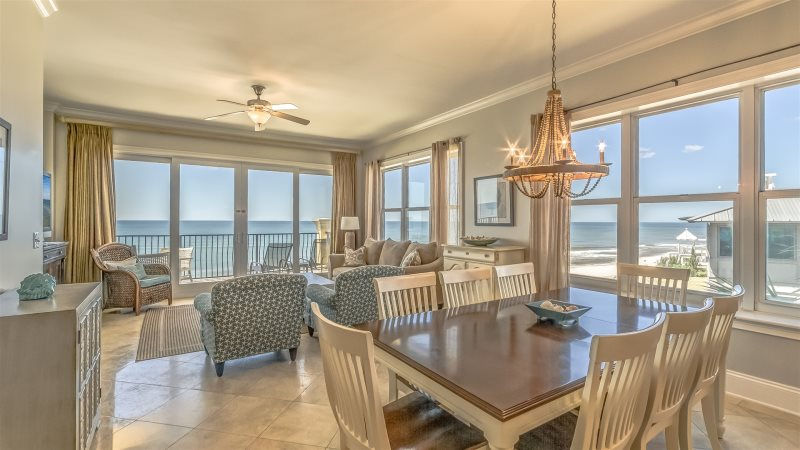HUD Changes FHA Affecting Condos Making Doors Open for Buyers
- Laura Wilson

- Aug 16, 2019
- 3 min read

If you own a condominium in Florence Oregon, or have been thinking of one, HUD just made some drastic changes for FHA financing rules which has full potential to assist buyers.
The National Association of REALTORS®, after reviewing the Department of Housing and Urban Development’s new condominium financing rules, says the guidance affords property owners greater flexibility in the qualification process for loans insured by the Federal Housing Administration. Lenders will be able to issue FHA loans for single condo units, and buildings with a greater number of investor-owned units or greater percentage of commercial space can qualify for FHA financing, among other changes HUD released Wednesday.
NAR expects the new rules, which will go into effect Oct. 15, to revive a condo market that has been stifled since the Great Recession.
NAR says the new condo rules, which will help more would-be buyers access affordable housing, satisfy many of the changes the association has backed for more than a decade.
Specifically, the new rules will:
- Extend FHA certifications on condo developments from two years to three years, with an additional six-month grace period to meet requirements. This will alleviate some of the cost and time burdens on condominium associations that intend to maintain FHA approval. Condo associations also may continue submitting updated recertification packages, rather than the full certification package each time. The National Association of REALTORS® expects the change to prompt more condominium properties to apply for FHA eligibility, making more affordable housing more accessible.
- Allow for single-unit mortgage approvals—often known as spot approvals—that will enable FHA insurance of individual condo units, even if the entire property does not have FHA approval. The condo building in which the FHA buyer wants to purchase must meet certain requirements: The property must have at least five units, a limited concentration of FHA-insured units, at least 50% owner-occupancy, and a maximum of 35% commercial space.
- Secure additional flexibility in the ratio of investors to owner-occupants allowed for FHA financing in a condo building. While the current owner-occupancy requirement is 50%, HUD may approve an owner-occupancy level as low as 35% for older properties with less than 10% of units in arrears. Individual investors can purchase no more than 10% of units in a property with more than 20 units and no more than one unit in properties with less than 20 units.
“Condominiums are often the most affordable option for first time home buyers, small families, and those in urban areas,” said NAR President John Smaby, in a statement issued to the media Wednesday morning. “We are thrilled that (HUD) Secretary (Ben) Carson has taken this much-needed step to put the American dream within reach for thousands of additional families.”
Since 2008, NAR has championed policy changes in condo lending. NAR has sought rules that would allow the owner-occupancy level to be determined on a case-by-case basis and that would extend the approval period for project certification to five years.
NAR’s existing-home sales report for June showed condominium and co-op sales at a seasonally adjusted annual rate of 580,000 units, a decline of 3.3% from May and 6.5% from June 2018. With more than 8.7 million condo units nationwide, only 17,792 FHA condo loans have been originated in the past year.
“This ruling, which culminates years of collaboration between HUD and NAR, will help reverse recent declines in condo sales and ensure the FHA is fulfilling its primary mission to the American people,” Smaby said.
Laura Wilson, Broker
Windermere Real Estate, Florence Oregon
541.999.9688
www.FlorenceORBroker.com



Comments